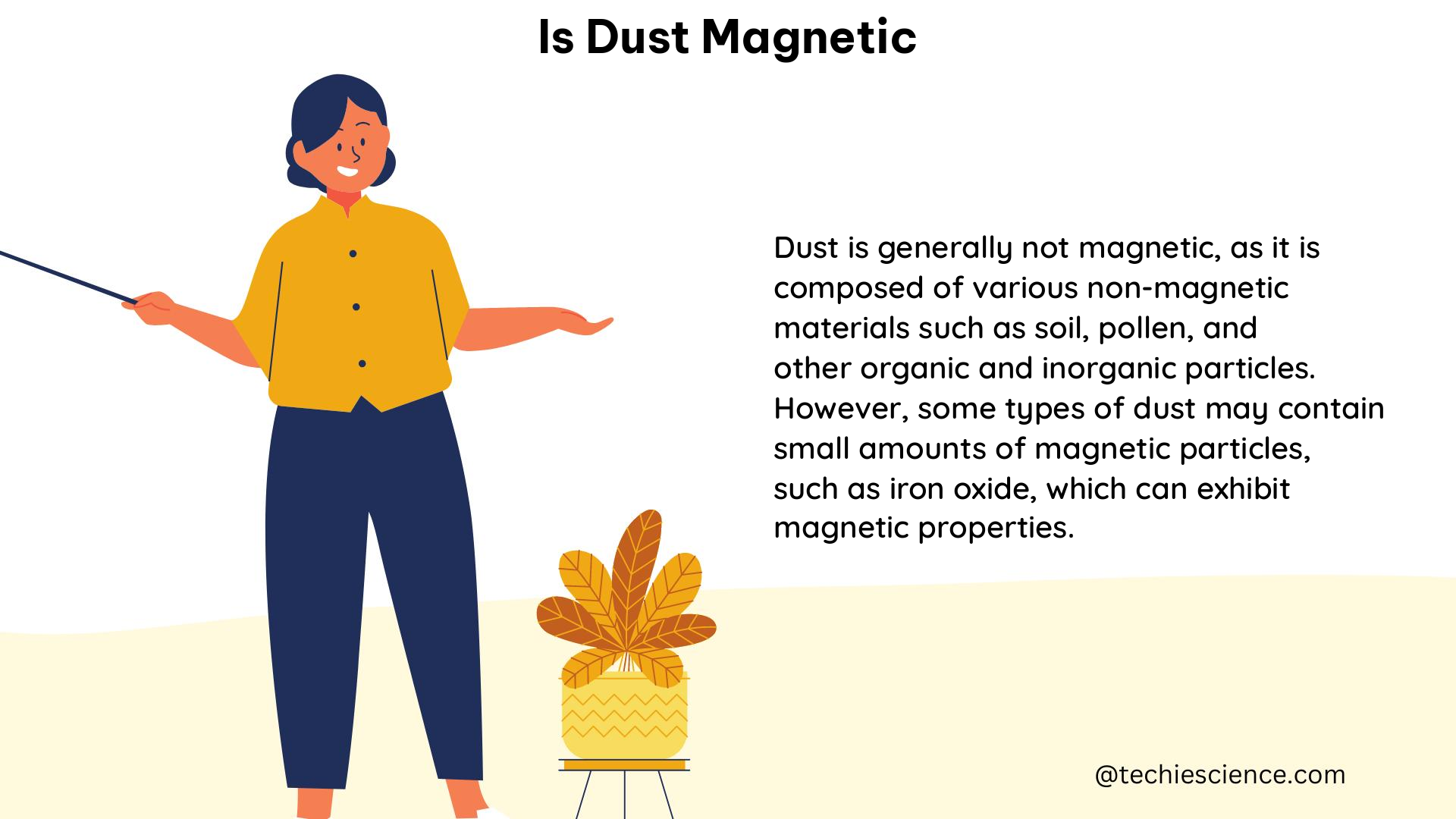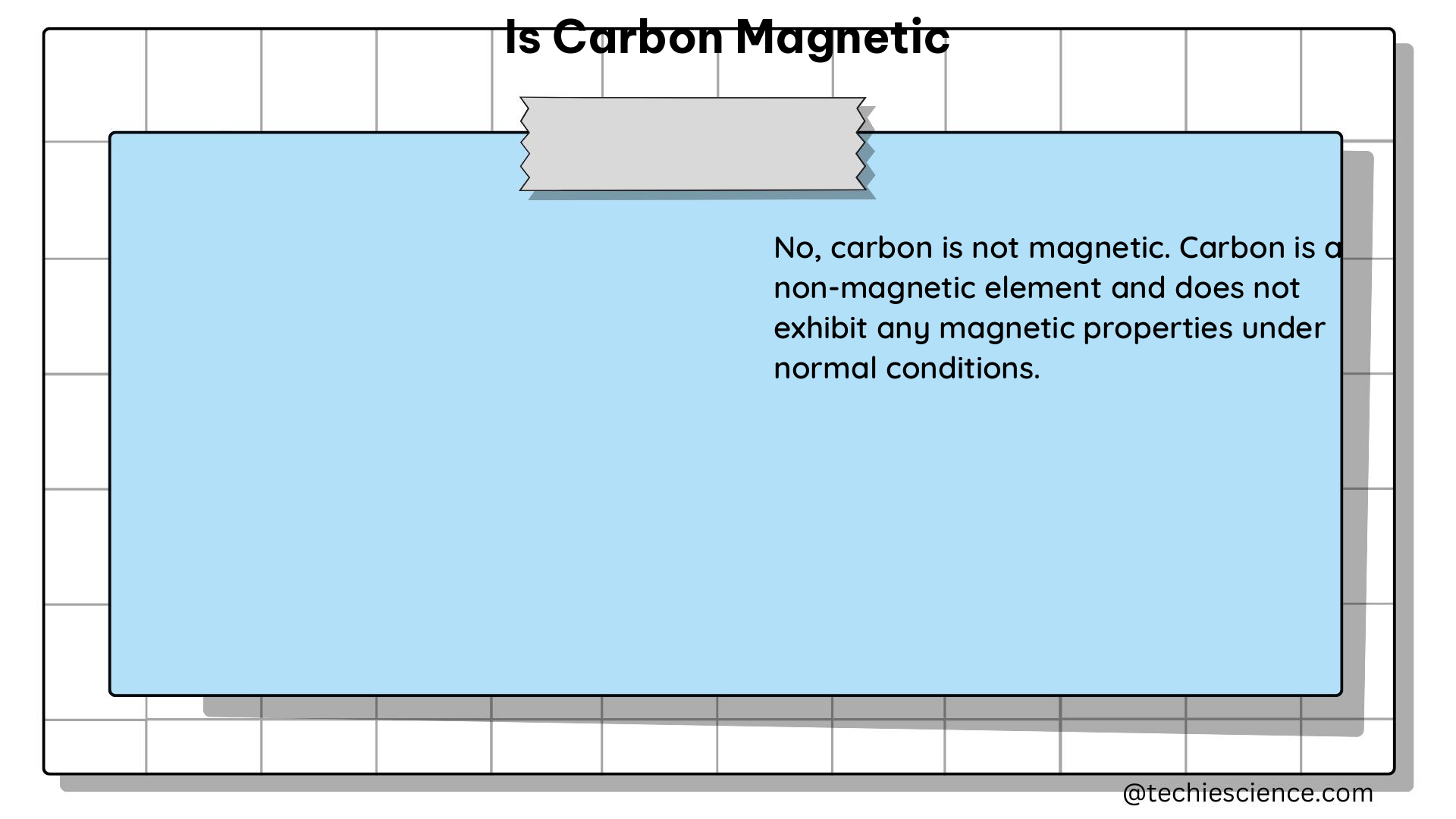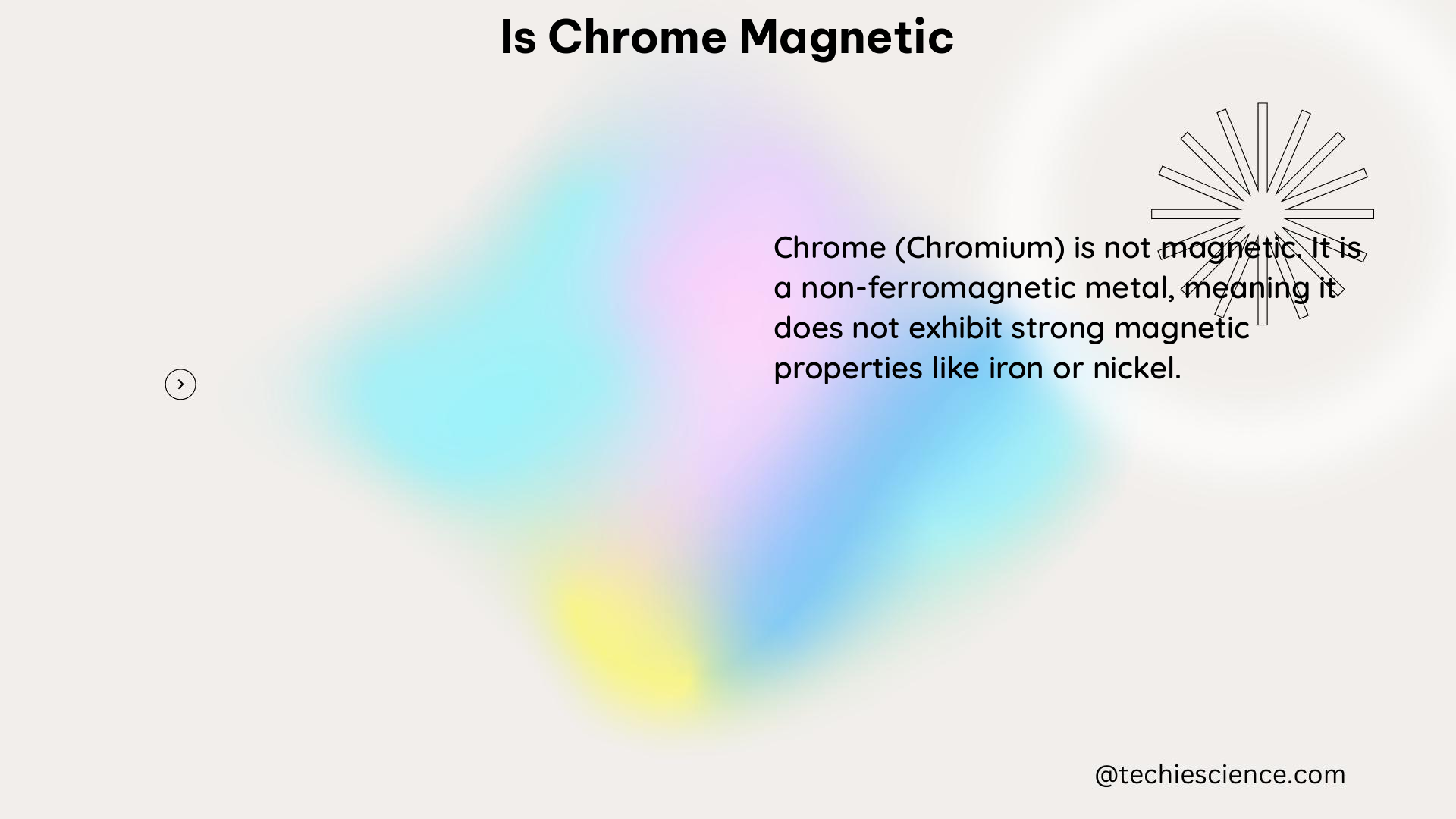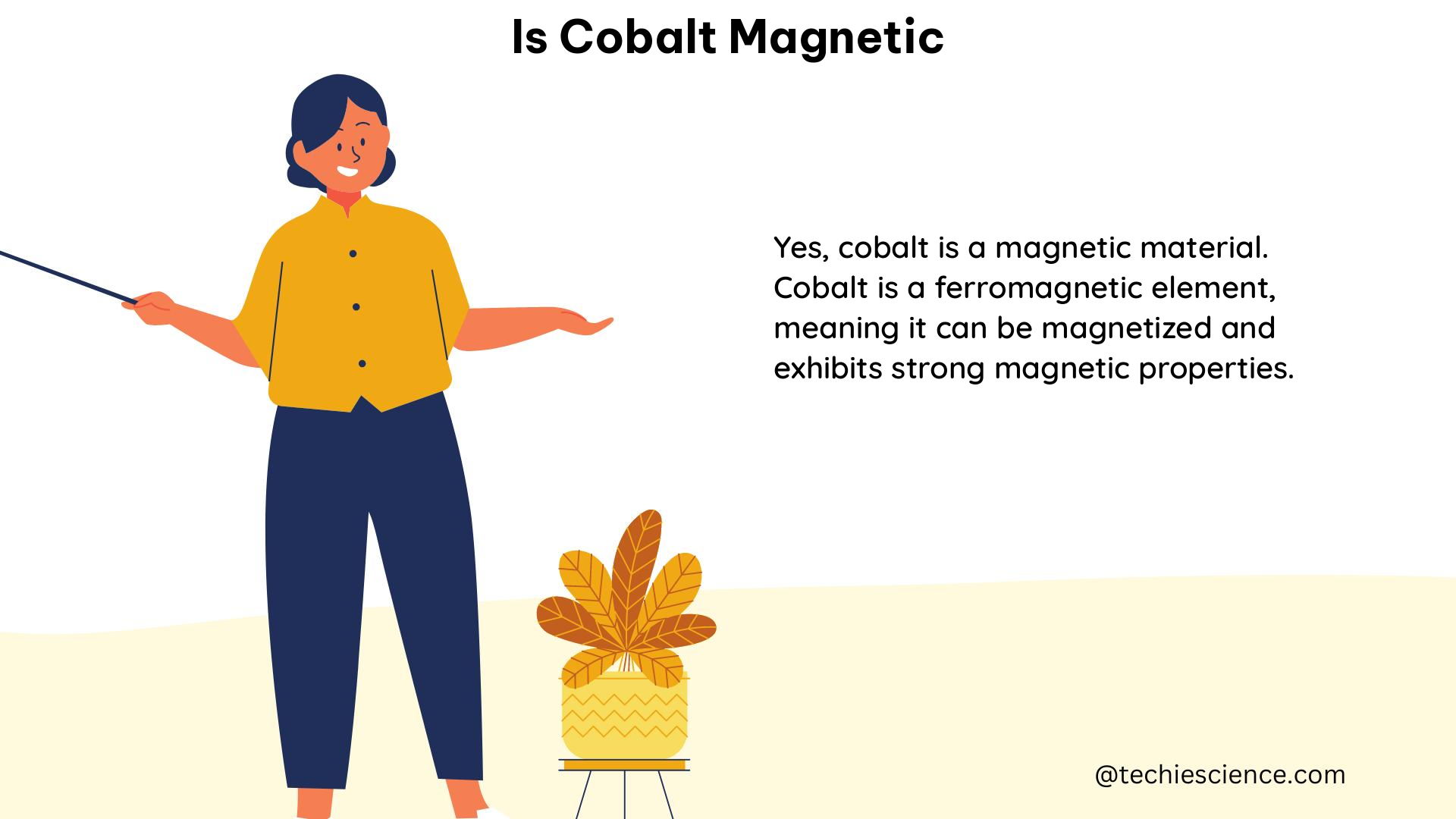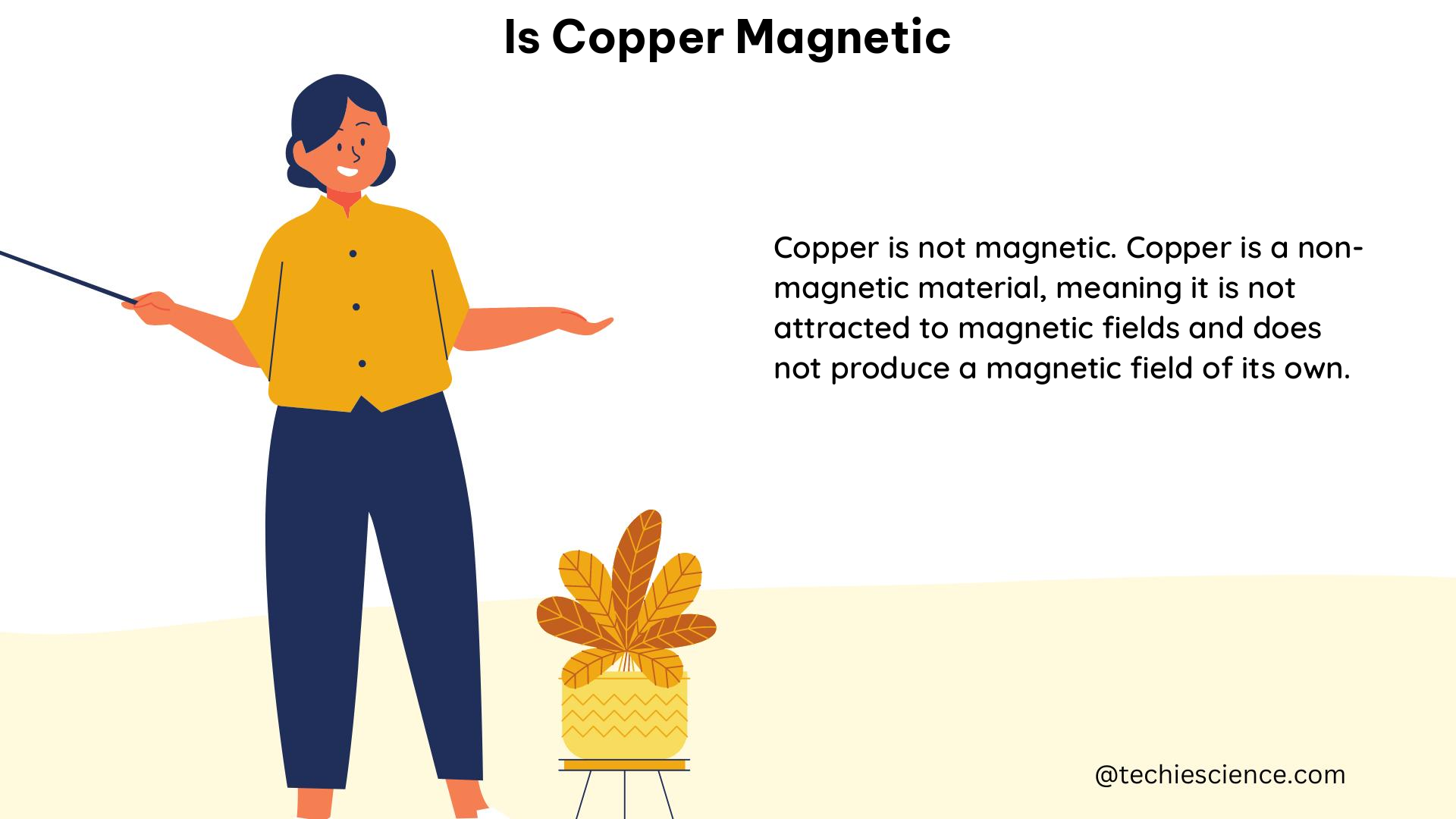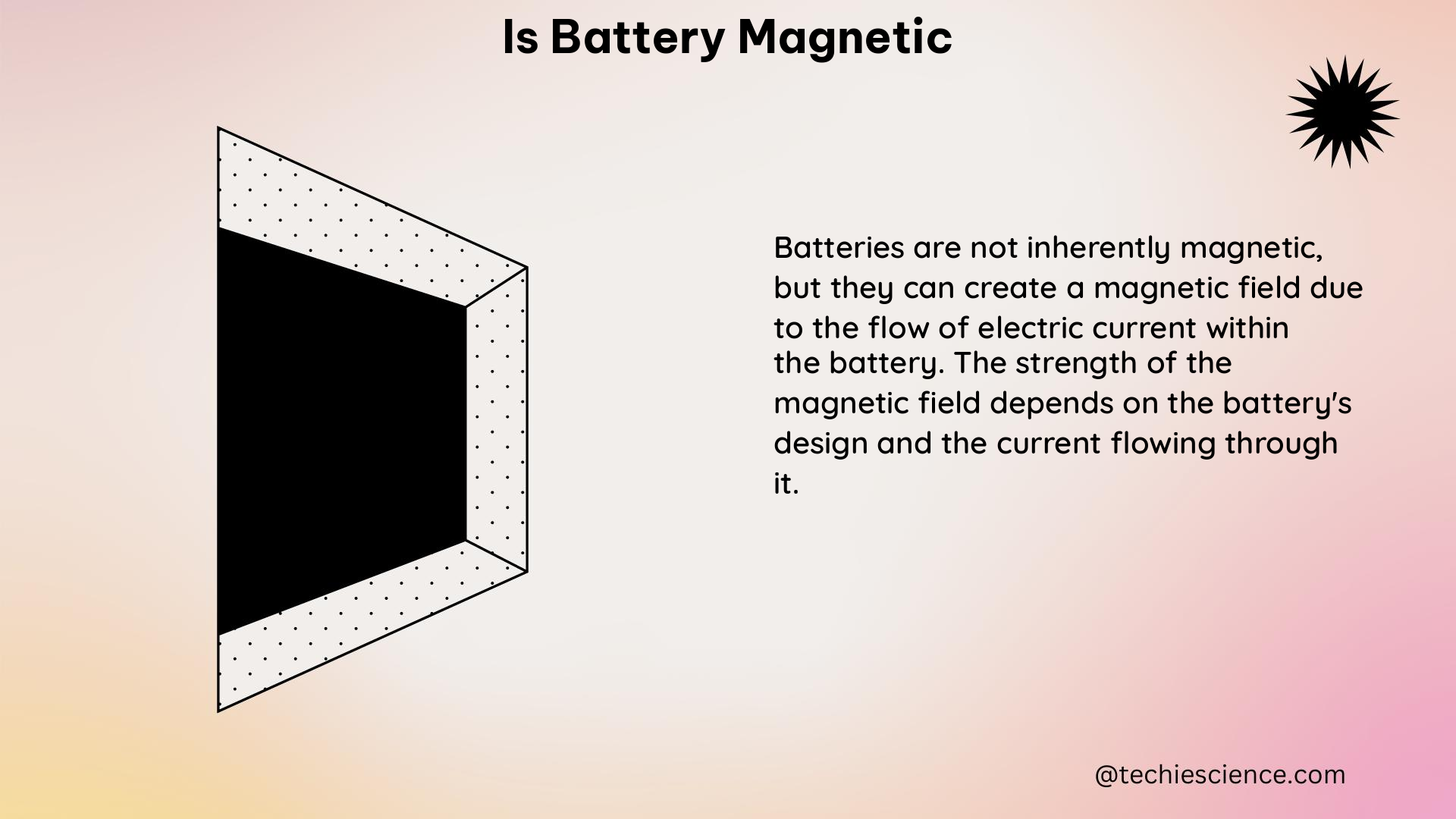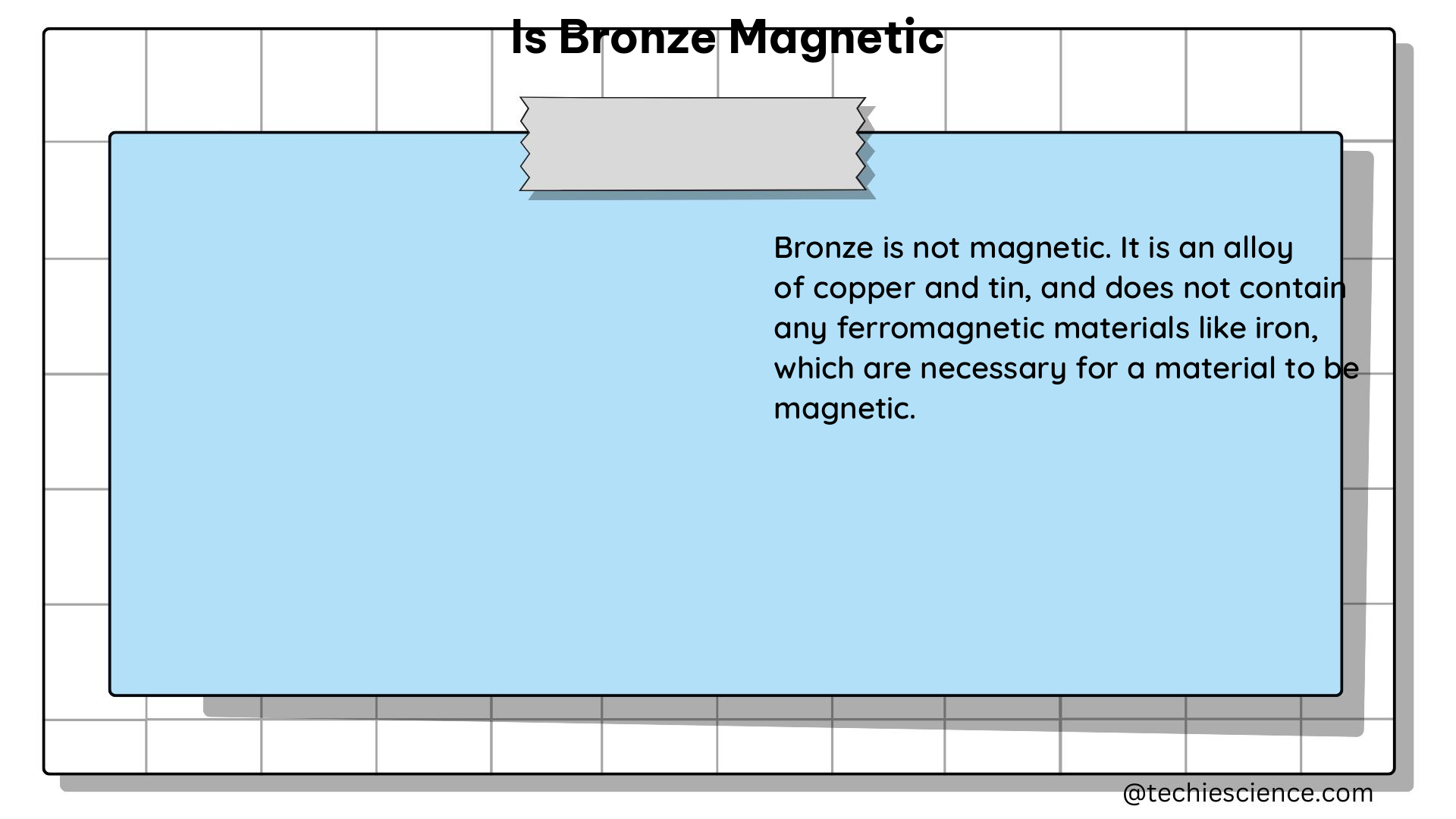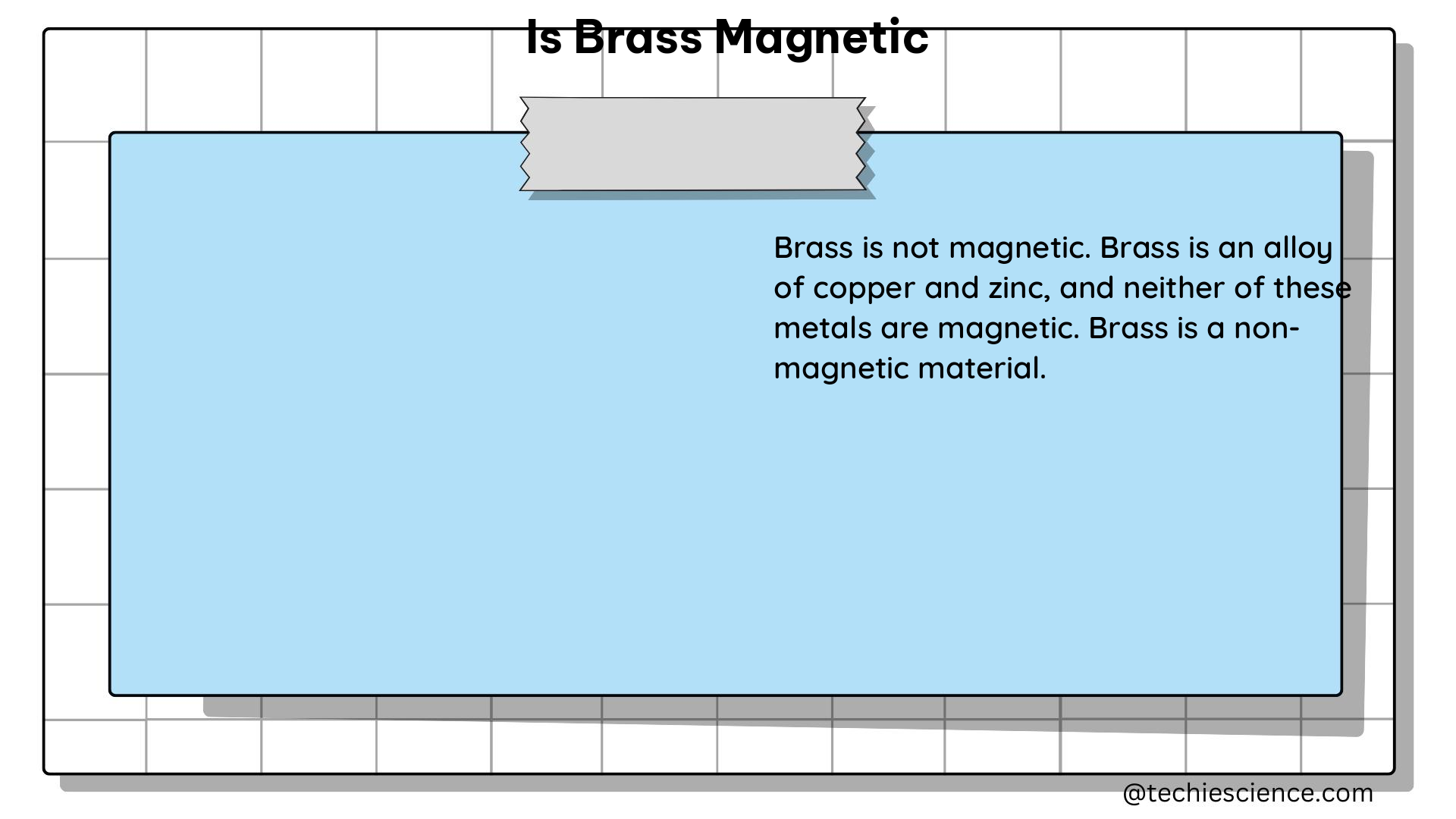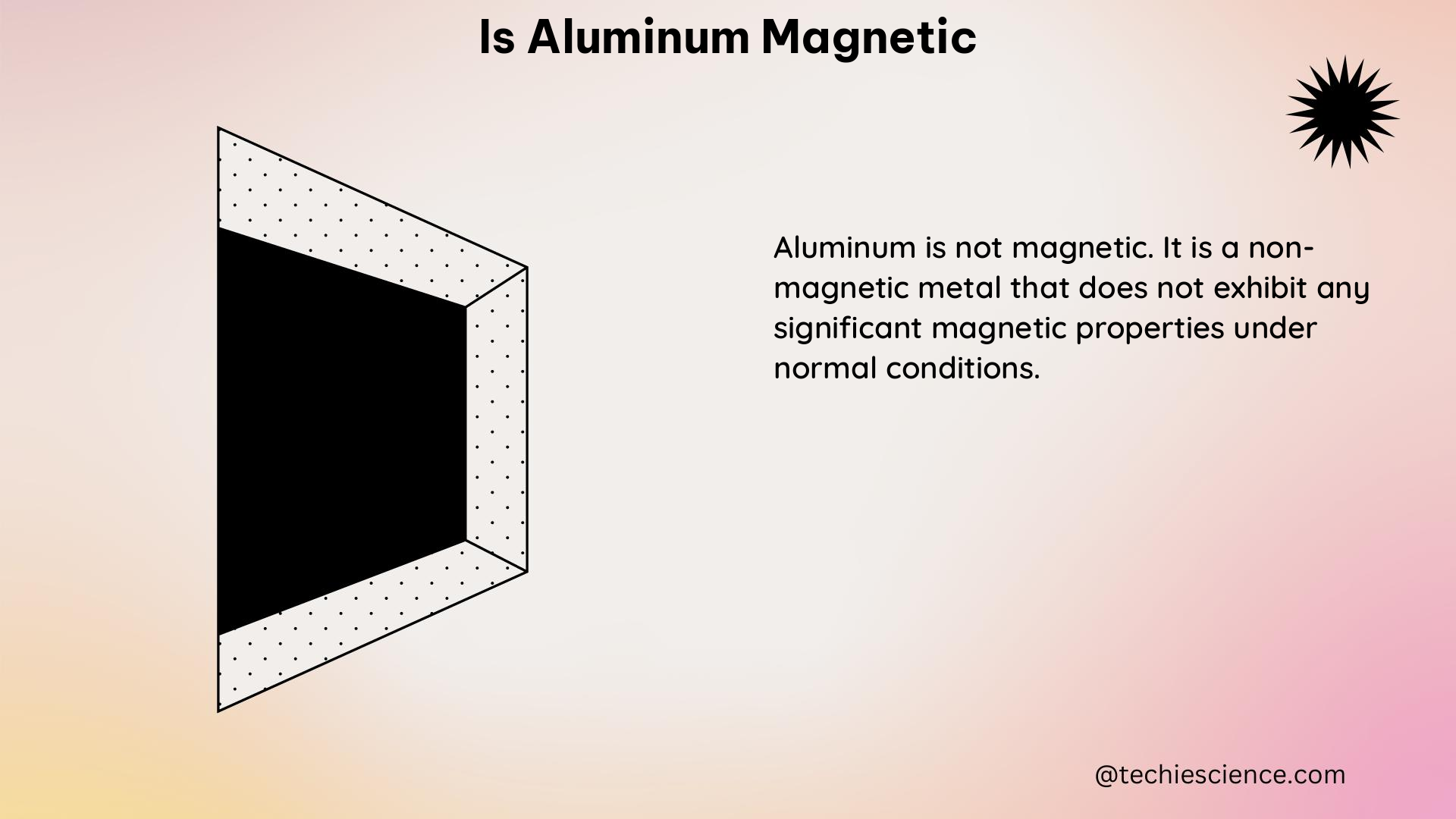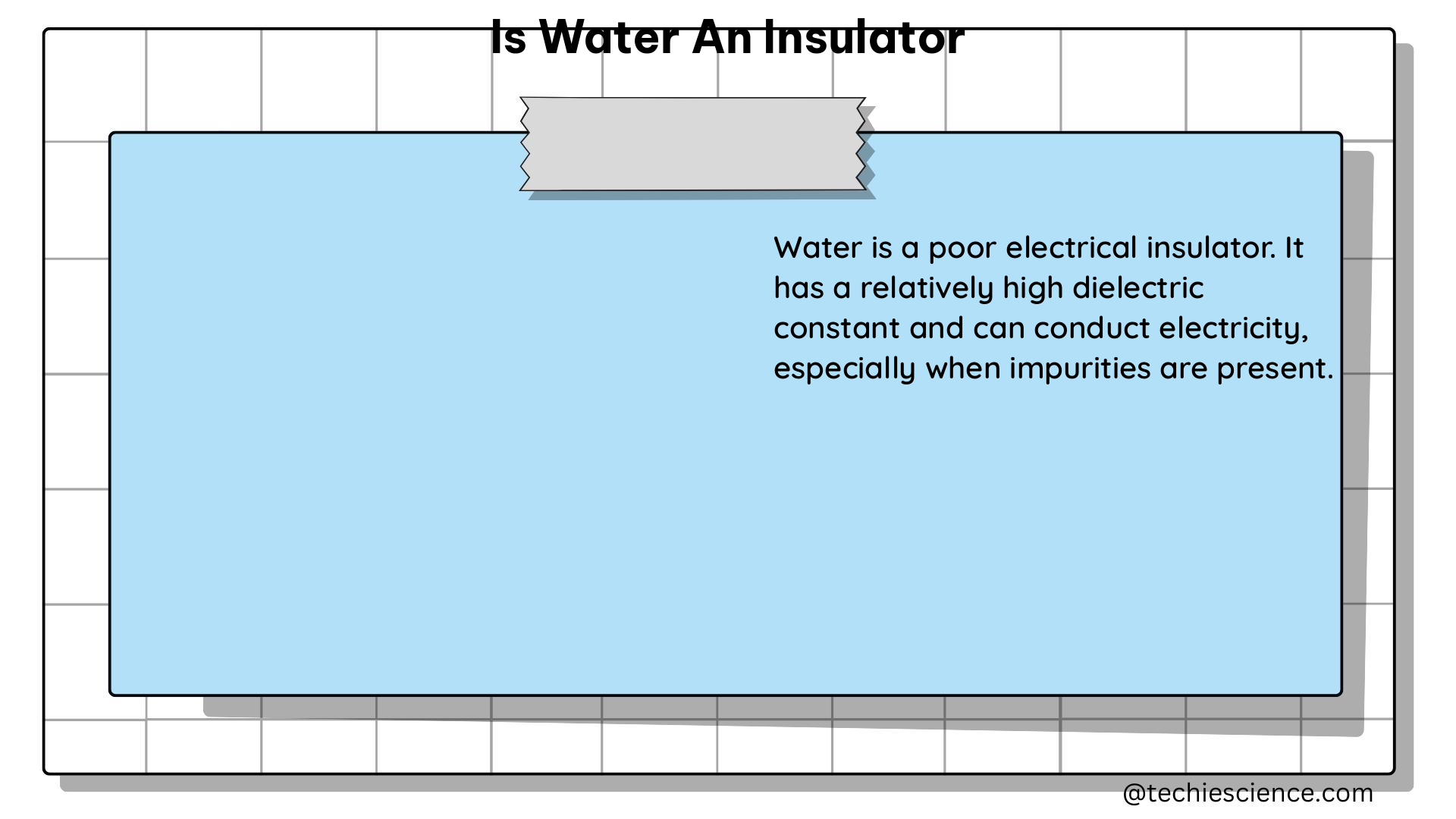Is Dust Magnetic?
Dust, a ubiquitous presence in our environment, can exhibit intriguing magnetic properties that have been the subject of extensive research. This comprehensive guide delves into the intricate details of the magnetic nature of dust, providing a wealth of technical information and practical insights for physics students and enthusiasts. Magnetic Susceptibility of Dust Magnetic susceptibility is … Read more
